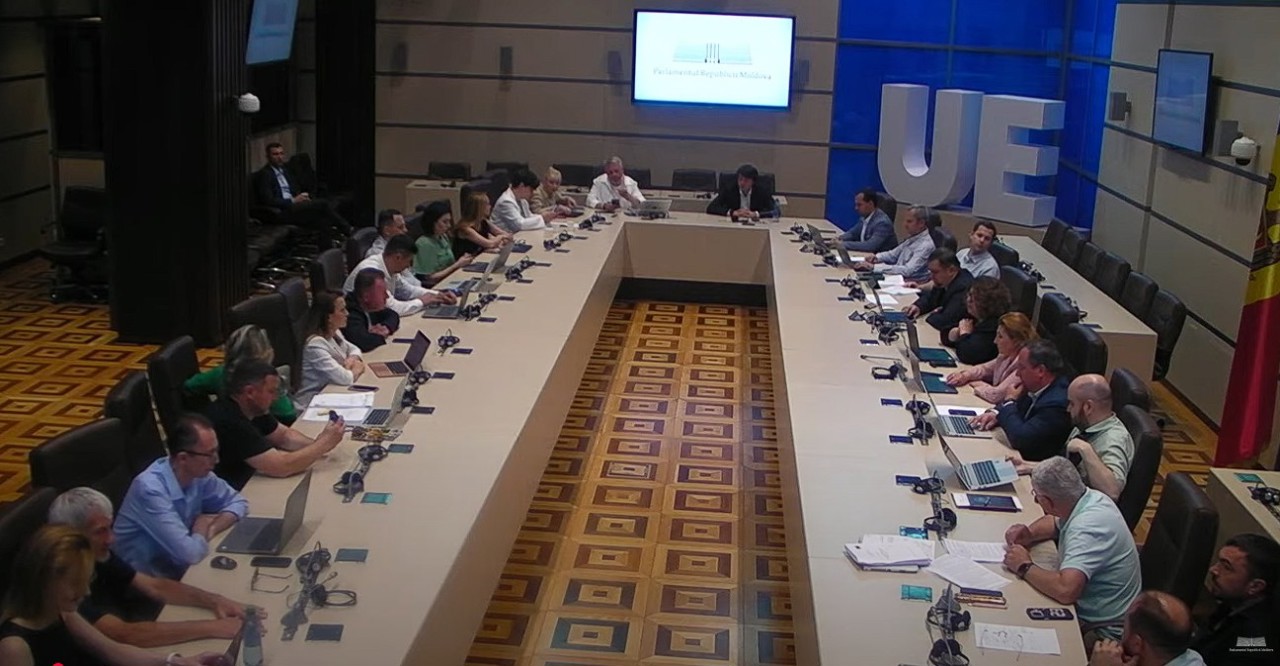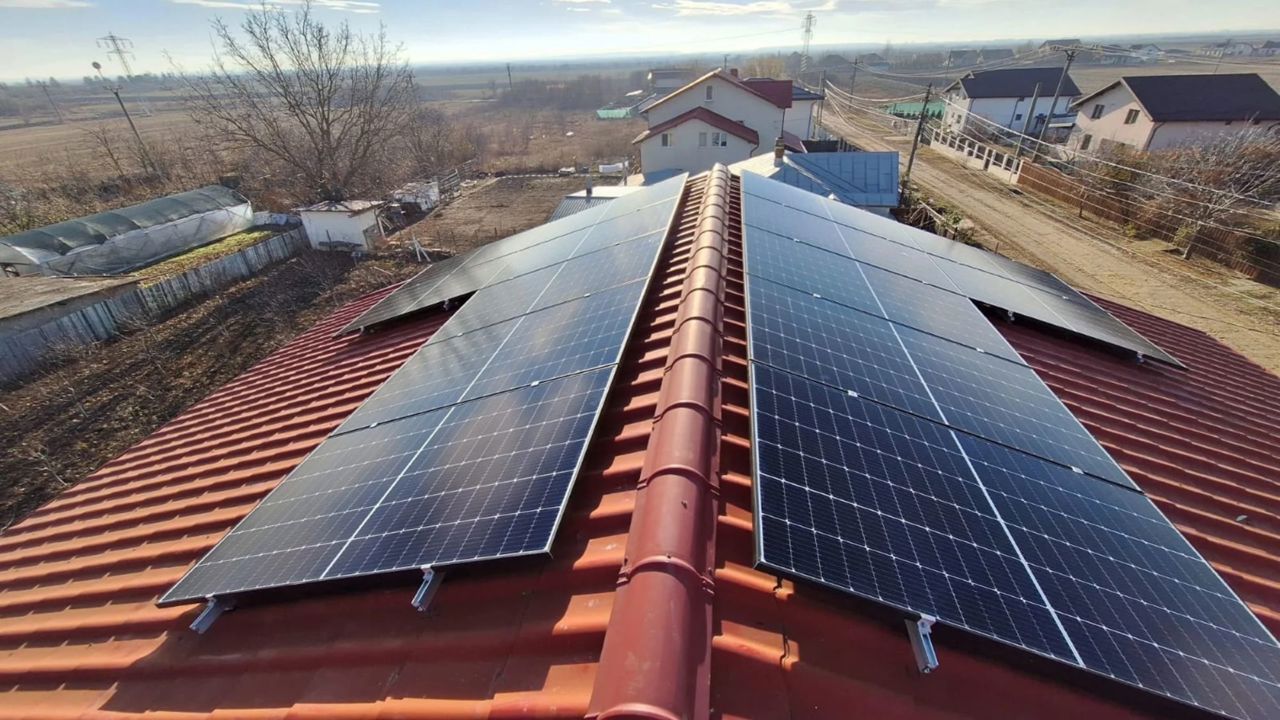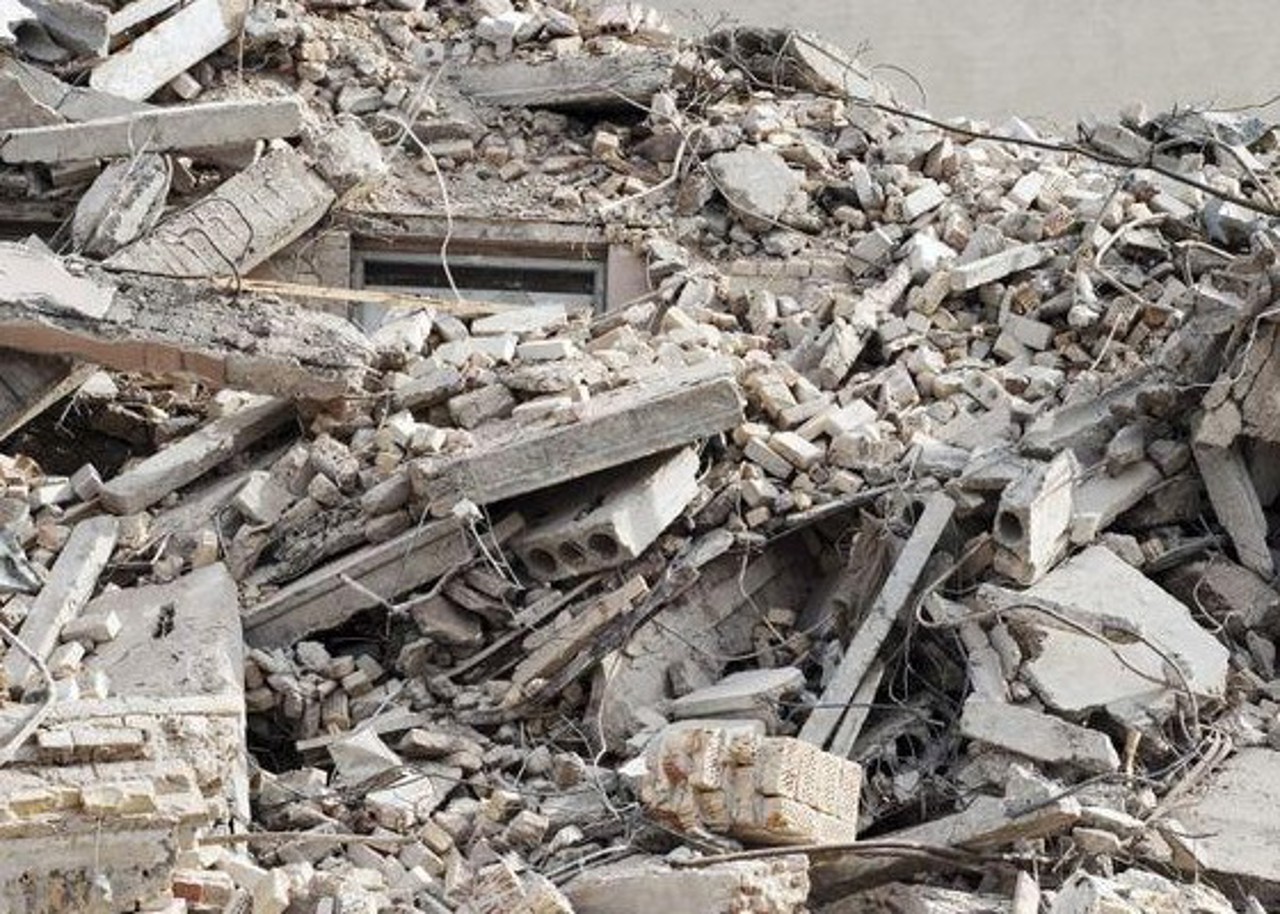Controversial audiovisual code amendments in Moldova: experts warn of press control risks

Public consultations organized by the Parliament to amend the Audiovisual Media Services Code provoked heated discussions among experts, legal professionals, media representatives, and authorities.
Multiple provisions in the draft law, such as those related to election campaigns, disinformation, and "illegal content," have been criticized. Some participants expressed concerns that the new rules could limit freedom of expression or be used to control the press. However, the project's authors maintain that the amendments are necessary to align national legislation with European standards.
Among the criticized provisions was Article 13, which grants increased powers to the Audiovisual Council in regulating electoral campaigns. Marina Rusu, president of the "Voice of Justice" Association, warned that this amendment "risks violating self-regulation principles," considering that "the Central Electoral Commission already has rules and a detailed regulation concerning the reflection of electoral campaigns." She called for the exclusion of this provision, citing the risk of the press being politically sanctioned.
The debate also focused on Article 17 concerning disinformation. According to Marina Rusu, paragraph 4 of the current article – which allows content blocking based on geographical origin – should be eliminated immediately, not after a 6-month transition period, as stipulated by the draft.
Lawyer Cristina Durnea from the Center for Independent Journalism, one of the authors of the amendments submitted for public consultations, explained that the provisions of the new Article 17¹ aim to align with European standards and "allow interventions only based on dangerous content, not geographical origin," providing distributors time for adaptation.
Alexandru Flenchea from "Initiative for Peace" and former Deputy Prime Minister for Reintegration proposed the elimination of the term "illegal content," stating that it is already regulated by the Criminal Code. He asked what guarantees exist that the amendments will not lead to "a code resembling that of the Russian Federation" and requested clarifications on the role of "trusted flaggers."
Cristina Durnea clarified that these will be designated civil society organizations that will flag content to platforms requiring priority analysis.
"This does not mean the platform will immediately block the content," she explained.
The topic of "illegal content" also provoked disputes between deputies and experts. Lawyer Fulga Grabovschi sought clarifications regarding the platforms from which this type of content is to be removed, proposing that the general definition – "any content that does not comply with the legislation of the Republic of Moldova" – be excluded.
"We have authorities that determine exactly through legal acts what constitutes illegal content," she said, suggesting that this attribution should not fall to the Audiovisual Council.
The debate also included concrete proposals for amending the initiative. Lawyer and head of the Realitatea Press Group, Dumitru Țîra, called for the elimination of Teleradio-Moldova's right to sell advertising, citing that "TRM extracts approximately 700,000 euros from the advertising market, which constitutes about 10-11% of the market, making it quite complicated for the advertising market."
At the same time, discussions were held about increasing the quota of Romanian-language media products on video-sharing platforms from 50% to 70%.
Ion Bunduchi, an expert from the Association of Electronic Press, recalled that the main purpose of the reform is to modernize legislation and strengthen the independence of the regulatory authority and the public broadcaster.
"Since 2021, we have criticized provisions that undermined the independence of the regulatory authority and the independence of the public broadcaster. Major objectives were to return to formulas that would strengthen the independence of these entities, in addition to alignment with the supplemented main audiovisual directive," Bunduchi specified.
The parliamentary commission announced that the draft law can still be consulted, and written proposals are expected by June 19. Subsequently, the project will be examined in committee and then debated in the Parliament plenary session.
According to the draft version proposed for consultations, the new provisions aim to modernize the Audiovisual Media Services Code and introduce an extended set of definitions, obligations, and new mechanisms, intended to align the legislation of the Republic of Moldova with European Union standards.
Among the essential amendments are the introduction of the notions of "disinformation," "illegal content," "hate speech," and "trusted flagger" – an entity designated by the Audiovisual Council to flag problematic content to online platforms.
The project also proposes extending the powers of the Audiovisual Council, which will be able to elaborate detailed rules regarding audiovisual content, including during the electoral period, and will play a central role in applying sanctions or restrictive measures on media programs from other states in case of violations.
For the protection of minors, media service providers will be obliged to implement technical mechanisms that limit access to harmful content, including age verification.
The document also provides for transparency obligations for all media service providers and distributors, who will be required to annually publish information about funding, ownership structure, and compliance with the editorial mission.
Translation by Iurie Tataru






